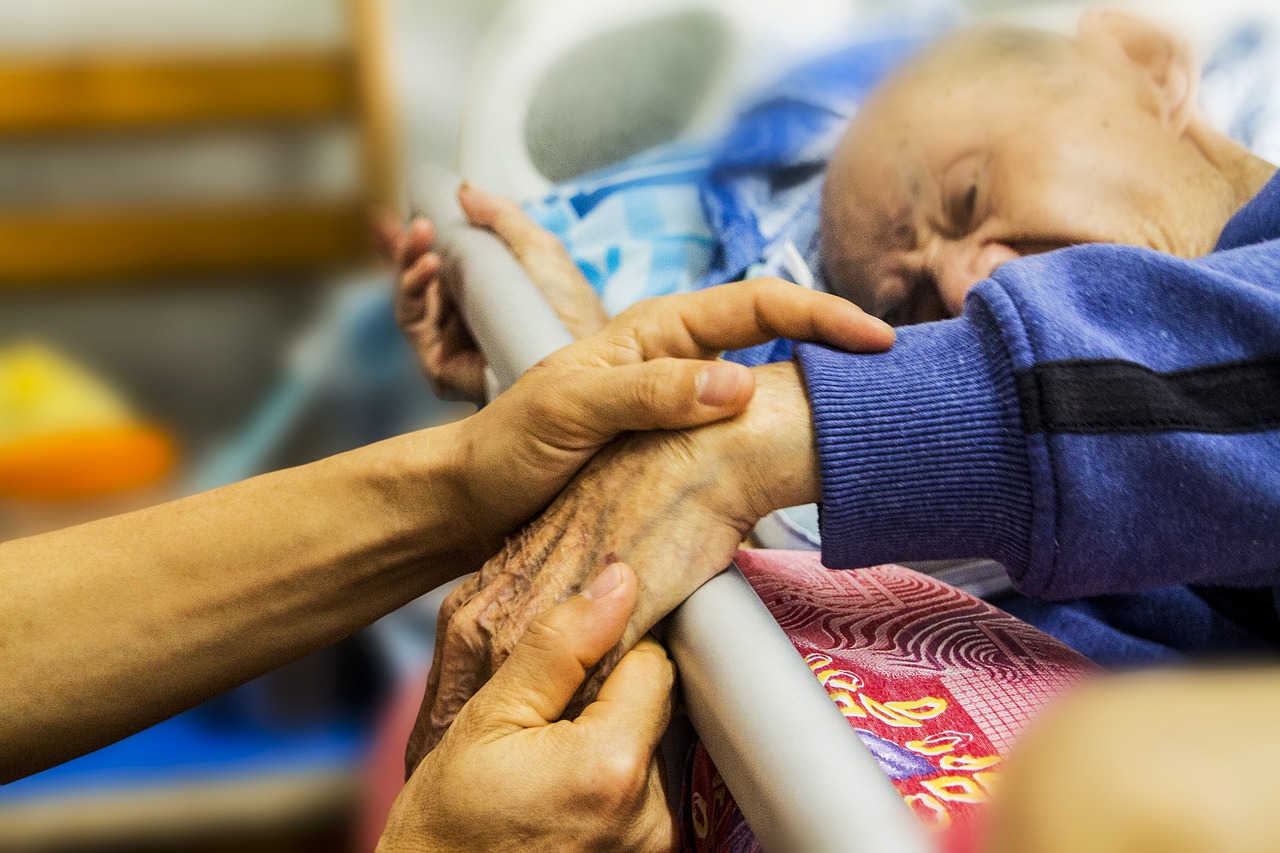Managing Swelling and Edema at End of Life

Edema is the abnormal buildup of fluid in the body. Congestive heart failure, cancer, and liver, kidney, or thyroid disease can cause this fluid to build-up in the lungs, stomach, or extremities. Certain medications or eating a diet high in salt can also cause edema or exasperate the condition. Proper edema management can help to control this condition.
Signs and Symptoms of Edema
Signs and symptoms of edema include the following:
- Swelling of the feet, ankles, legs, arms, hands, or face
- Rings, shoes, watches, or clothing that feel tight
- Sudden weight gain
- Skin that feels tight, looks shiny, indents, or dimples when pressed
- Difficulty breathing when lying flat
- Shortness of breath
How to Treat Edema
One of the most effective things you can do for edema management is elevating the affected area. In the case of pulmonary edema where the lungs fill with fluid, elevating the patient’s head can create some relief. If the person is experiencing edema in their feet, ankles, or legs, you can elevate them to ease their symptoms.
Compression stockings can also help by squeezing the legs to prevent the buildup of fluid. Another thing to encourage is limiting the intake of salt and sodium as this can make the condition worse.
Your physician can also prescribe medication to treat edema. Diuretics are often prescribed for edema, but for patients with end-of-life edema, diuretics may not sufficiently control pulmonary edema. Other medications including scopolamine, atropine, hyoscyamine, or morphine may be used to relieve the congestion caused by fluid build-up around the lungs.
If the patient is having trouble swallowing, drinking water may cause them to aspirate. In these cases, medication may be given using a patch or subcutaneously.
What Your Hospice Team Needs to Know
If you notice new areas of edema, a change in the amount of edema, or if the patient is experiencing pain, you should speak to your hospice nurse. Other things to report include the changing of skin color or temperature, or if you see fluid seeping out of the skin. If your loved one is experiencing difficulty breathing, you should also contact your hospice team so they can address these symptoms.
To learn more about how Crossroads Hospice & Palliative Care manages end-of-life edema and other end-of-life signs, please call us at 1-888-564-3405.
If you found this information helpful, please share it with your network and community.
Copyright © 2018 Crossroads Hospice & Palliative Care. All rights reserved.




